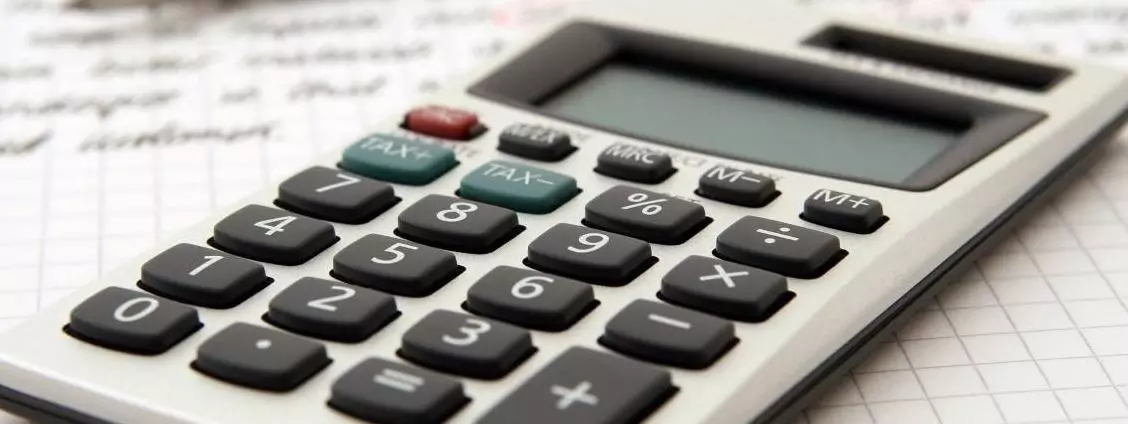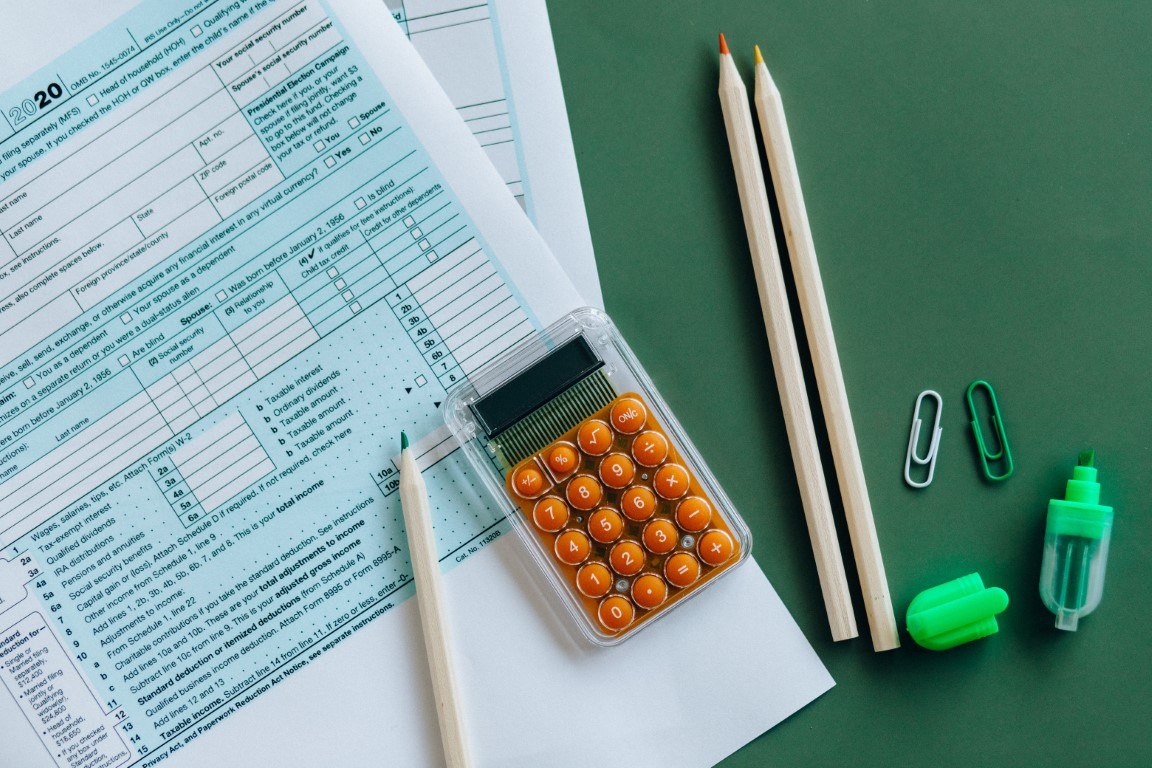This article looks at: what is capital gains tax allowance? Find out who needs to pay capital gains tax and when you need to pay CGT?
What is capital gains tax?
Most people here in the UK are only aware of the types of tax they have to pay, for example, if they work through the PAYE system. Income Tax, National Insurance Contributions, Stamp Duty and Inheritance Tax are some of the most common ones that everyone will have heard of. But what do people know about Capital Gains Tax (CGT)? Only 0.5% of people in the UK pay tax on their Capital Gains, so it's not surprising that few people know what it is.
Capital Gains Tax is a type of government taxation that applies to gains made in the value of the things you own, or your assets, that you've had for over one year. Chargeable assets include things like stocks and shares, second homes, investment properties and businesses or business assets. Essentially, any valuables you own above a certain value that you sell for a profit are eligible for Capital Gains Tax, including things like Cryptocurrency gains.
HOW CAN I AVOID PAYING BUSINESS TAXES?
When do you need to pay CGT?
Your assets need to have made a specific amount of profit through their increased value to be eligible for Capital Gains Tax. The amount of CGT you have to pay depends on your tax band. Basic-rate and higher or additional-rate taxpayers will all pay different amounts of Capital Gains Tax on their sold assets. The annual tax-free allowance for the particular tax year will also affect the rate of CGT you pay.
Again, some of the main things that most people pay Capital Gains Tax on include:
- Shares or funds that aren't held in ISAs or pensions.
- Second homes and buy-to-let properties.
- Businesses that have been sold.
- Any valuable possessions that are sold for more than £6,000.
When will you pay CGT on possessions?
Saying that "valuable possessions" are eligible for Capital Gains Tax may seem a little vague, so here is a look at some of the tangible, movable items that, once sold, are subject to a CGT bill:
- Valuable paintings
- Antiques
- Fine wines you can store for more than 50 years
- China, crockery and silverware
- Jewellery
- Vehicles, such as classic cars, motorbikes and lorries
- Plant equipment and machinery that it's fixed to a property
- Collectables, such as a series of books, chess sets or paired ornaments.

There are also many types of personal possessions that are exempt from Capital Gains taxation. For example, private cars that aren't used for business purposes are exempt.
Additionally, items classed as "wasting assets" by HMRC are also exempt. These wasting assets include things with a life expectancy shorter than 50 years.
For example, this can include pleasure boats, caravans, antique clocks or other wines than fine wines.
While it may seem that HMRC has given wasting assets a lot of thought, deciding what is and isn't in this category can be a difficult decision to make.
Therefore, it's often best to seek expert advice if you're selling your assets and aren't sure whether they fall into the wasting assets category. Professional tax advisers or tax planners can help you determine which of your assets are eligible for Capital Gains Tax and which aren't.
How does capital gains tax work?
Unlike the other types of tax you have to pay, Capital Gains Tax isn't automatically deducted from your pay every month. Instead, you need to declare any profits or chargeable gains made from your sold assets through a self-assessment tax return.
This is where CGT can get you into real trouble. You could face significant penalties if you don't declare your Capital Gains eligibility accurately and on time. Some fines can even exceed the amount of tax you should have initially paid, so it is well worth declaring your CGT to HMRC properly.
Capital gains tax rates
Again, CGT rates in the UK essentially fall into two brackets: one for those in the basic rate tax band and another for those in the higher or additional rate band.
For the 2020/21 tax year, the CGT on residential property gains for basic rate taxpayers was 18% and 10% on any other assets. For higher or additional rate taxpayers, CGT for the same tax year was 28% on residential properties other than your main residence and 20% for all other assets. HMRC have maintained that these differing rates are the same for the 2022/23 tax years.
Capital gains tax allowance
After all this, it may be comforting to discover there is a Capital Gains allowance for all eligible people. This is similar to the Personal Allowance, which is the amount of money you can earn tax-free before paying Income Tax rates.
This annual CGT allowance, or "Annual Exempt Amount", is currently at £12,300 per person. Therefore, you can earn up to £12,300 of profit on any sold assets before your individual rate of Capital Gains Tax kicks in. You can think of this as a kind of CGT relief.

If you are a couple and have joint ownership of any assets, such as a second home or buy-to-let property, then with the additional person involved, your CGT Allowances/Annual Exempt Amount is doubled up to £24,600 for profits on those jointly-owned assets when sold. If you are married or in a civil partnership, you are also allowed to freely exchange assets between the two of you without incurring any charges or CGT taxation.
However, if you do choose to transfer assets between you and your spouse or civil partner, you need to be careful. Don't think you can wiggle around paying CGT by selling your assets after swapping them, making it look like your spouse has only owned it for a short time, as this won't work. HMRC will still charge the appropriate Capital Gains Tax rate on the profits for the entire duration of your owning the assets as a couple.
How to calculate capital gains tax
You should also be careful about which tax band you are in when declaring and paying your Capital Gains Tax. Your regular income, including any rental income, may place you in the basic rate band, where you pay Income Tax at a rate of 20% of your income.
However, if you earn enough through selling assets, you may be pushed into the higher/additional tax rate band, meaning you will pay the higher rate of CGT.
Here is how to calculate how much Capital Gains Tax you will pay:
Step 1
You need to find out how much taxable income you bring in, including your regular salary, your pension or any other type of income you have. This is easily done by taking your annual tax-free allowance of £12,570 for the 2022/23 tax year away from your total income. What remains is your taxable income.
Step 2
Next, you need to determine how much Capital Gains Tax you are eligible for. You do this in a similar way to step 1, by taking your tax-free Capital Gains Tax allowance of £12,300 for 2022/23 from the profits you make on the sale of any assets. Remember, it's not the final sale price you're being taxed on; it's the increase in the asset's value.
Luckily, this means you are allowed to deduct the amount you originally paid for the asset, alongside deducting losses, expenses incurred while holding the asset and selling fees.
And while you can deduct any costs for making improvements to an asset, such as extending or renovating an investment property, you can't deduct maintenance costs. Instead, maintenance costs can be deducted from your Income Tax.
Step 3
Once you've established how much you owe in CGT, add it to your total taxable income. The basic rate tax threshold for the 2022/23 tax year is £37,700. You'll be placed among the higher-rate taxpayers if you earn more than this. However, don't forget your Personal Allowance.
With this on your side, you can earn up to £50,270 before moving into the higher rate tax bracket. Very high earners will move into the higher tax bracket much sooner than others, given that your Personal Allowance is gradually reduced once you start earning over £100,000.
The marriage allowance tax relief will increase your tax-free threshold for eligible couples. However, the same £50,270 limit applies before you are moved into the higher rate tax band. If both your regular taxable income and your Capital Gains total a figure less than £37,700, you'll remain in the basic rate tax band paying 20% in Income Tax, 18% on any second homes and 10% on most other assets.
If your combined taxable income and profits equal more than the basic rate threshold, you'll pay the basic tax rate (20%/18%/10%) on income up to £37,700 and then a higher rate (40%/28%/20%) on your remaining income above the higher rate threshold.
It is important to remember that CGT is calculated the same in Scotland as the rest of the UK, regardless of which Sottish Income Tax Band you are in. This means that someone could be in the higher rate for Income Tax in Scotland but only pay the basic rate for Capital Gains Tax in line with UK rates.

Example of a Capital Gains Tax calculation
Determining how much Capital Gains Tax you owe can be tricky, with serious penalties for those who report their profits inaccurately. Therefore, we always recommend seeking professional advice when selling your assets. This is especially important if you earn enough to push you into the higher rate tax band. Therefore, to try and clear things up a little, here's a practical example of how CGT is calculated:
Let's say that your taxable income after deducting your current tax-free allowance is £30,000. On top of this, you also have £13,000 in taxable gains from assets other than property.
Once you've deducted your CGT allowance or annual exemption of £12,300, you'll have £700 in gains that you can be taxed on. Add this to your taxable income, and you have £30,700 of total taxable Capital Gains and income. These earnings are still within the basic rate threshold, meaning you'll only pay 10% in CGT. Ultimately, in this scenario, your Capital Gains Tax bill will be £70.
Are you looking for a tax returns accountant in Wakefield and west Yorkshire? Follow the link below to contact our tax advisors.

